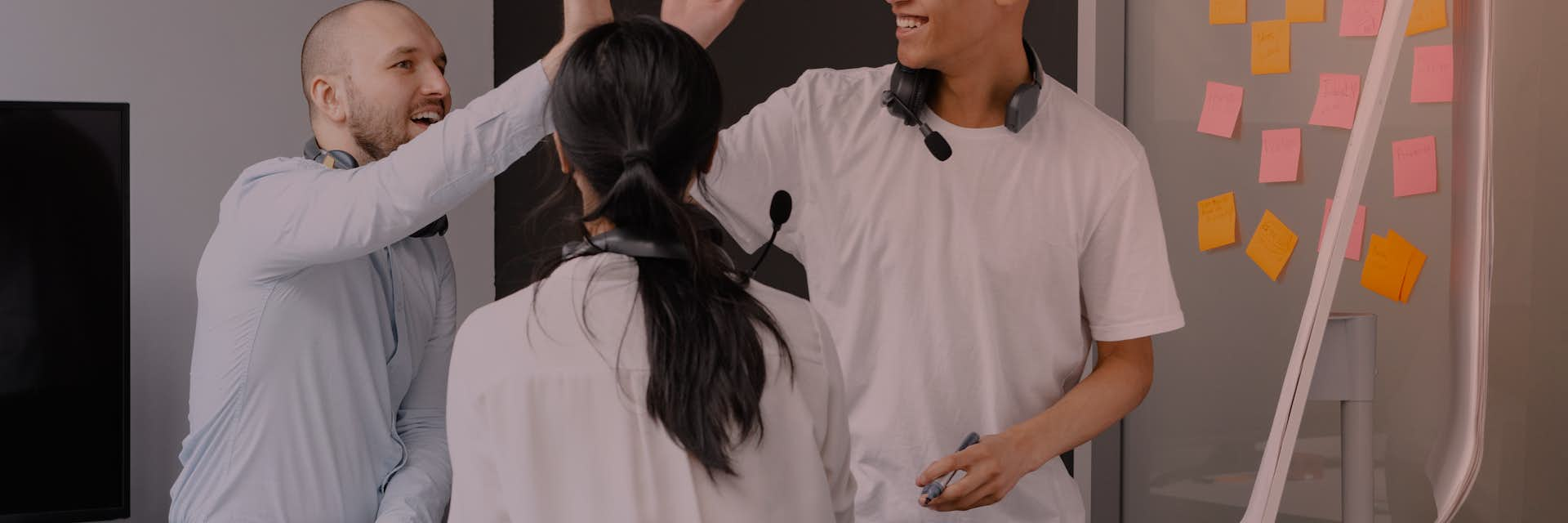As an education agent, your role is pivotal in helping students get into their dream university or college. Getting an offer is great, but it should be the right offer that matches the student's interests and aspirations. Here's what you can do to increase the likelihood of getting an offer for your students.
Learn about your students
Invest time in getting to know your students. Ask them about their favorite subjects, hobbies, and career dreams. Their answers will help you understand what kind of programs and schools would be a good fit.
Encourage students to apply early
It helps to prepare a student's application as soon as possible. Applying early gives students more time to gather necessary documents like:
- Transcripts
- Certificates
- Proof of ID
- References
Students will also have plenty of time to draft their essays and practice for interviews. Also, there will be more time to research each institution, which will help students choose the most suitable place to study.
Find out what students have achieved
Help your students draw attention to their skills and achievements. For instance, if a student has won a science award, it should be highlighted in the application, especially if it's relevant to their chosen program. Shouting about accomplishments will make your students stand out and show institutions they're the right fit.
Suggest the right programs
Recommend courses and institutions based on the student's interests and strengths. If a student loves animals and excels in biology, studying veterinary science at a university known for science programs could be a perfect fit.
Matching their interests with the right course can increase the likelihood of getting an offer because the student is likely to be more passionate about the subject.
Review personal statements
A personal statement is a critical part of an application to study abroad. It gives universities a glimpse into a student's personality, aspirations, and why they’re right for the course. Guide your students to write statements that are genuine, engaging, and relevant.
For example, if a student cares deeply about environmental issues, they could write about a time they organized a community cleanup. They can share what they learned and how they'll implement the skills and knowledge into their studies.
Research scholarships and grants
Help your students identify suitable financial packages. Each scholarship has different eligibility and application requirements so find out which ones your students qualify for.
Scholarships and grants can ease a student’s financial burden and be an additional incentive for colleges to accept them. They can also help students fund a program they couldn't normally afford. This gives them more choices, which can increase their chances of getting an offer if affordability is a major barrier.
Practice for interviews
Interviews vary between institutions, so research the types of questions students might be asked.
As a general rule, you can conduct mock interviews and ask common questions like:
- Why are you interested in this course?
- Can you tell me about a time you overcame a challenge?
- What do you hope to achieve during your time at university?
- How do you handle stress and pressure?
- Can you discuss a current event or recent development in the field?
Practicing can give students an idea of what to expect at an interview. It can also help prepare answers they can deliver confidently if the question comes up on the day.
Prepare for tests
Many schools require standardized tests like SAT and ACT in the US. If your program is in English, then it's highly likely you'll need to do an English language test like:
- IELTS
Help your students prepare by providing practice resources or arranging tutoring sessions - English language exercises and sessions with tutors are available for tests like TOEFL.
Share tips about recommendation letters
If a recommendation letter is needed, explain how students can choose the right people for their letters. These could be:
- Teachers who appreciated their academic diligence
- A sports coach who witnessed their team spirit
- Faith leaders who have seen their dedication
The person providing the letter should have known the student for a specific length of time - the exact duration will be specified by the university. The letter should typically explain the following:
- How do they know the student
- The length of time they've known each other
- The student's qualities with examples
- Why they think the student will be a good fit for the university
Be sure to ask students to gather their letters of recommendation as soon as possible to avoid delays.
Check applications carefully
Review the application with care and attention before submitting it. Ensure all personal information is accurate, essays are free from typos, and the necessary documents are attached.
Partner with Studee
Partnering with Studee can significantly boost your chances of getting offers for your students. Here's why:
We have a global network of university partners
We work with universities across the world. With Studee, you're more likely to find a program that aligns with your student's career goals and budget.
Fast turnaround time
We understand that time is vital when it comes to applying to study abroad. Our efficient turnaround time of 48 hours (2 business days) ensures your students' applications are reviewed promptly, increasing their chances of admission.
Regular updates
We keep you informed every step of the way. You'll receive instant updates about university decisions, giving you plenty of time to rectify any issues - our communication makes the application process seamless and stress-free.
We work with you
With Studee, you're not working alone. You'll have a dedicated advisor who knows you and your needs. Our goal is to make your job easier, not harder.
